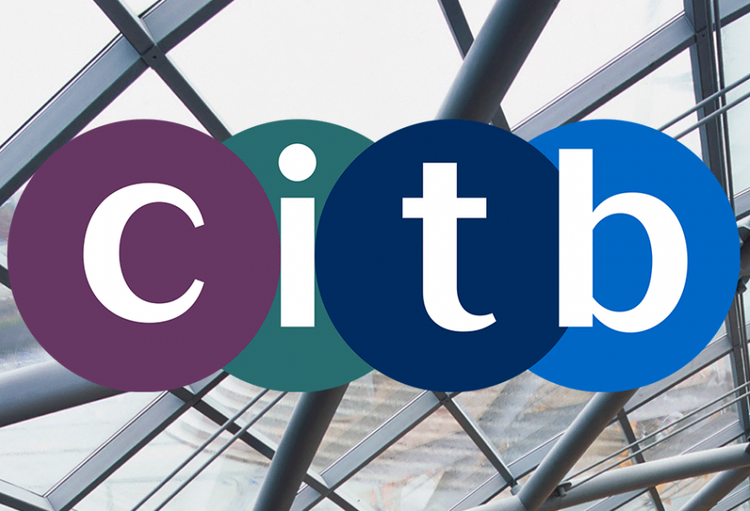Digital technologies, Virtual reality and wearable technology, can increase productivity, transform efficiency and attract a new generation of talent to construction business

Digital technologies – such as virtual reality and wearable technology – have the potential to increase productivity, transform efficiency and help attract a new generation of talent to the sector. But change needs to accelerate.
CITB is in a unique position to help grow a digitally-skilled workforce.
At Digital Construction Week (17-18 Oct) we will showcase its potential to industry. We will host a Skills Hub and promote our new report Unlocking construction’s digital future: A skills plan for industry. Our research points to the need to ‘think digital’, but what does that mean?
Here are three simple steps to get you started:
1. Use digital methods to solve problems
A common mistake is to buy new technology because that’s what others have done, like getting the latest smartphone or home gadget. But to make the most out of technology, start with the problem that you are trying to solve and then look for the available technology or applications that are best suited.
Often the temptation is to launch straight in without thinking first about what digital solution you really need. But if you get it right, having a clear solution allows you to measure the success of technology and you can start to build a business case for further investment.
Once we grasp the importance of starting with the clear problem to solve, we will see much more successful adoption of modern methods.
2. Be aware of what is available and start trialling
The opportunity to use digital technology is huge – but what is currently being used falls far short of what is possible. What can we do to change this? Onsite technology ranges from the phone in your pocket to autonomous vehicles, although the latter is currently limited to big budget projects or pilots. But we need to start experimenting more widely now in order to push innovations.
Often the best ideas come from those working in the field, experiencing problems and opportunities on a daily basis. Teams need to be encouraged to do things differently, make suggestions and be allowed to fail. Even low level investments – such as your phone and a cardboard VR headset – can be a valuable starting point. At least it can open the door to a more innovative future.
3. Understanding the value of data
Our research reveals that using data is a key skills gap but the term is often used to describe different things. Getting to grips with the power of data may seem daunting at first. Once you understand the value and how it can benefit the way you work, your digital transformation will be well on its way.
Where do you begin? You can start from a very basic level such as collecting work performance data with a pen and paper and use it to identify opportunities for improvement. What did you find? Where can you make improvements? The point is that by showing the value even rudimentary data can allow you to make a case for more sophisticated collection techniques that tech can support and amplify.
We know that our sector’s future depends on the people who work in it. We are keen to kick-start the transformation required – led by an industry motivated to modernise.
Digital Construction Week takes place at Excel, London from 17 to 18 October. Find out more and register for free.
Read our new report, Unlocking construction’s digital future: A skills plan for industry.











Responses